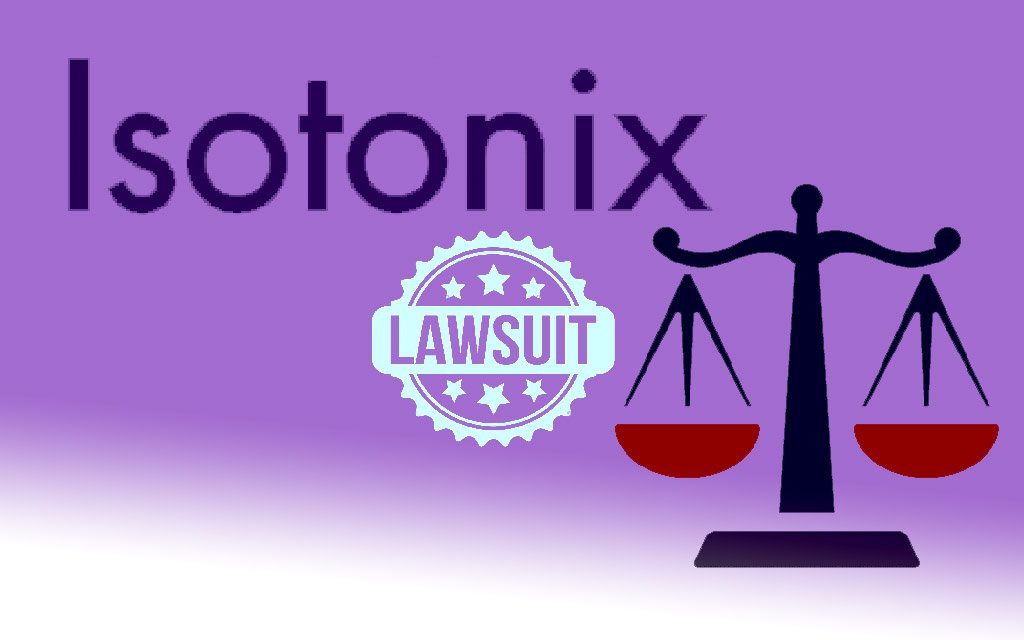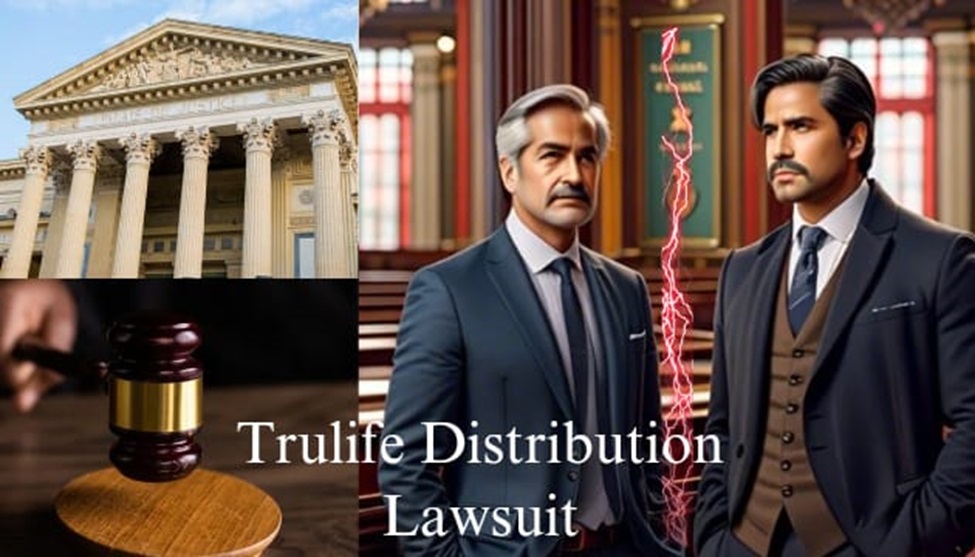The workplace should be a place of fairness and opportunity. However, it became a source of pain and injustice for Laurie Brooks. Her lawsuit against the Oregon Bureau of Labor and Industries (BOLI) has uncovered troubling issues within an agency meant to protect workers’ rights. This case is more than just a legal battle. It reveals how discrimination can persist in organizations that should lead the fight against it.
Brooks, a dedicated professional, joined BOLI with high hopes. She believed in its mission to uphold labor laws and promote equality. Instead, she encountered a culture that tolerated bias and silenced her concerns. Her decision to take legal action was not just about seeking personal justice. It was about exposing a flawed system and demanding accountability.
This lawsuit raises critical questions about fairness in public institutions. How could an agency ensuring workplace equality allow discrimination within its walls? Laurie Brooks’ case highlights the urgent need for change. Let’s explore the details of her legal journey and its impact on the fight for workplace fairness.
Who is Laurie Brooks?
Laurie Brooks was an experienced and dedicated employee. She worked at BOLI, an agency tasked with upholding labor rights and promoting workplace fairness. Brooks expected professionalism and equality in her role. Unfortunately, her experience turned out to be vastly different. According to her lawsuit, she faced racial discrimination and a hostile work environment. Her allegations reveal a culture that silenced victims and ignored their pleas for help.
What Triggered the Lawsuit?
The lawsuit was not an impulsive decision. Brooks endured repeated instances of unfair treatment before taking legal action. She reported several cases of discriminatory behavior from her colleagues. According to her claims, supervisors dismissed her concerns without proper investigation. This lack of action deepened her frustration and emotional distress. Feeling unheard, Brooks decided to bring her case to court.
Allegations of Discrimination
Brooks’ allegations were serious and specific. She claimed that some colleagues made racist remarks in her presence. Others excluded her from important projects and decisions. She also reported being treated differently compared to her peers in similar roles. These incidents created an environment where Brooks felt undervalued and isolated.
Her lawsuit accused BOLI of fostering this hostile work culture. It also criticized the agency for failing to address her complaints effectively. Brooks stated that this inaction emboldened others to continue their discriminatory behavior.
Read also: Rimini Street Oracle Lawsuit: The Battle that Rocked Enterprise Software
BOLI’s Role and Responsibility
BOLI has a crucial mission. It enforces labor laws and ensures workplace equality across Oregon. Laurie Brooks’ lawsuit raised uncomfortable questions about the agency itself. How could an organization tasked with protecting rights allow discrimination within its ranks?
The lawsuit suggested that BOLI’s internal policies were inadequate. Critics argued that the agency failed to hold employees accountable for their actions. Brooks’ case exposed gaps in how BOLI handled workplace complaints. This situation cast doubt on its ability to fulfill its mission.
The Legal Battle Begins
The lawsuit gained public attention as soon as it was filed. Brooks’ claims resonated with many who had faced similar challenges. The legal proceedings revealed more details about her experiences and the agency’s response. Documents presented during the trial showed that Brooks reported the incidents multiple times. However, the responses she received were often dismissive or superficial.
The lawsuit also highlighted the emotional toll on Brooks. Facing discrimination and neglect at work caused her significant stress. The legal case became her way of seeking justice and accountability.
BOLI’s Defense
BOLI denied the allegations in Laurie Brooks’ lawsuit. The agency stated that it took workplace fairness seriously. It claimed that internal investigations had not found evidence of discrimination. BOLI also argued that it provided opportunities for employees to voice concerns. However, these defenses did little to sway public opinion. The lawsuit continued to raise questions about whether BOLI truly practiced what it preached.
The Impact of the Lawsuit
The lawsuit against BOLI had far-reaching implications. It sparked conversations about discrimination in public institutions. Many questioned whether similar issues existed in other government agencies. Laurie Brooks’ courage in speaking out inspired others to share their experiences. This case became a catalyst for broader discussions about workplace fairness.
The lawsuit also forced BOLI to reevaluate its internal practices. Public scrutiny compelled the agency to review its complaint-handling processes. Brooks’ case became a reminder that no organization is immune to bias.
Lessons Learned from the Case
This lawsuit teaches important lessons for both employers and employees. Laurie Brooks’ experience shows that workplace problems must be handled quickly and properly. Ignoring complaints makes bad work environments grow, hurting both people and companies.
Organizations need to be transparent. There are clear policies and thorough investigations so that trust can be built. It is necessary that workers feel confident in the seriousness with which their complaints will be received. Diversity and inclusion training can help prevent discrimination.
Brooks’ story is a source of hope for those with similar problems. Speaking out against unfairness is always hard, but it can bring real change. Her lawsuit shows us that making institutions responsible is important for progress.
Broader Implications for Workplace Equality
Laurie Brooks’ lawsuit sheds light on a systemic problem. Discrimination in the workplace remains a pervasive issue. It affects not just individuals but entire teams and organizations. Cases like Brooks’ highlight the importance of fostering inclusive cultures.
Employers must take proactive steps to eliminate bias. Regular training sessions and open communication channels are key. Accountability measures should be in place to address misconduct swiftly. On the other hand, employees must remain vigilant. Reporting issues is crucial for driving change.
What Does the Future Hold for BOLI?
The lawsuit has pushed BOLI into the spotlight. The agency faces a difficult road ahead as it works to rebuild trust. Implementing reforms will be essential for restoring its credibility. Transparent investigations and stronger policies can help prevent similar cases in the future.
BOLI also has an opportunity to lead by example. As an agency responsible for enforcing labor laws, it can set a higher standard. Taking decisive action to address internal issues will strengthen its mission.
Conclusion: BOLI Lawsuit and Laurie Brooks’ Fight for Justice
Laurie Brooks’ lawsuit against BOLI is a powerful reminder of the challenges many still face at work. Her courage in confronting discrimination has exposed flaws within a key institution. This case again emphasizes that every workplace must have fairness, accountability, and transparency.
One feels hope for a better future when listening to Brooks’ story. It reminds one that even the most entrenched problems can be battled. Keeping inclusivity and respect at the center, organizations set up environments where everyone thrives. Laurie Brooks’ fight for justice is a call to action for all of us.


